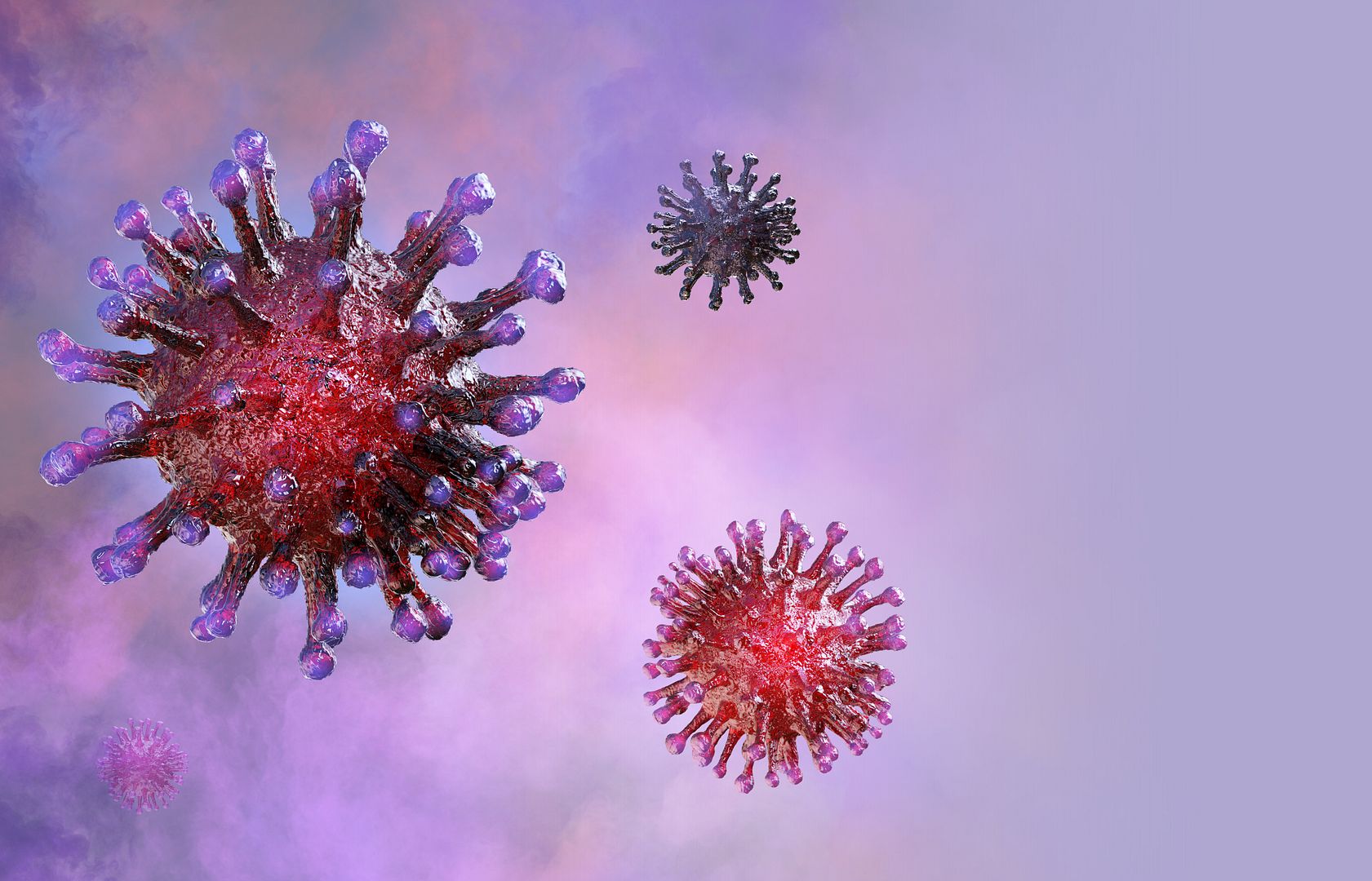MS Therapies That Deplete B-cells Appear to Work Against COVID Immunity
Written by |

B-cell-depleting therapies given to adults with multiple sclerosis (MS) affect the production of antibodies targeting SARS-CoV-2, the virus that causes COVID-19, a study reported.
This finding has “consequences” for immunity in this patient group, whether that immunity follows SARS-CoV-2 infection or is acquired through vaccination, its scientists said.
The study, “SARS-CoV-2 Antibodies in Adult Patients With Multiple Sclerosis in the Amsterdam MS Cohort,” was published as a research letter in the journal JAMA Neurology.
MS is known as an autoimmune disease, in which the immune system — which normally protects against viruses and other insults — wrongly attacks the fatty sheath around nerve fibers to disrupt the flow of electric signals, causing a variety of symptoms.
Most MS disease-modifying therapies are designed to suppress these attacks by limiting immune responses. But that can leave people more vulnerable to infections, including SARS-CoV-2.
Viral infections normally generate protective antibodies, but “limited information is available regarding SARS-CoV-2 antibodies in patients with MS,” the investigators said.
Researchers at the Amsterdam University Medical Centers in the Netherlands asked for blood samples from adult MS patients treated at their center to measure the presence of SARS-CoV-2 antibodies.
“The objective of this study was to test for SARS-CoV-2 antibodies in a large MS cohort [group] to evaluate asymptomatic infections and immunological responses to COVID-19,” the team wrote.
Those taking part also answered questionnaires regarding their disease characteristics, current MS complaints, and COVID-19 symptoms.
In total, 564 MS patients — 388 (71.1%) were women — donated blood samples. Their average age was 46.9, and they had been diagnosed between six and 18 years earlier.
Most of these people, 405, were using a disease-modifying therapy (DMTs).
SARS-CoV-2 antibodies were detected in the blood of 64 (11.7%) participants. Polymerase chain reaction (PCR) tests for the coronavirus were also given to 148 patients; of these, 35 (23.6%) tested positive.
Among those with the virus, 31 (82.6%) were positive for SARS-CoV-2 antibodies. Seven patients (18.4%) among the 113 (76.4%) who tested negative for the virus were also antibody positive.
Among the 74.2% of patients on a DMT, SARS-CoV-2 antibodies were found in 4% of those using an injectable, including interferon-beta and glatiramer acetate — a finding “less prevalent” than the 13.1% prescribed other treatments, the researchers noted.
SARS-CoV-2 antibody responses were lower in those treated with Ocrevus (ocrelizumab) — a therapy designed to suppress antibody-producing B-cells — “in comparison with other patients,” the researchers wrote. All on Ocrevus showed B-cell depletion in the days before antibodies were measured.
“We found a lower SARS-CoV-2 antibody response in patients with MS who were depleted of B cells,” its scientists wrote, adding that these findings were consistent with other studies.
No COVID-19 symptoms were reported by nine patients with SARS-CoV-2 antibodies (14%), a rate “comparable with a reported 17% in the general population,” the team said.
Among the 64 patients with SARS-CoV-2 antibodies, the most frequently reported symptom was a loss of taste and/or smell, reported by 47% of these people. Among the 482 patients without antibodies, 14 (2.9%) also reported these symptoms.
Although the low percentage of participants who were positive for SARS-CoV-2 limited study conclusions, “we were able to show a lower antibody response in patients depleted of B-cells,” the researchers said.
“This holds important consequences for [antibody] immunity after COVID-19 infection and possibly vaccination,” the team concluded.


